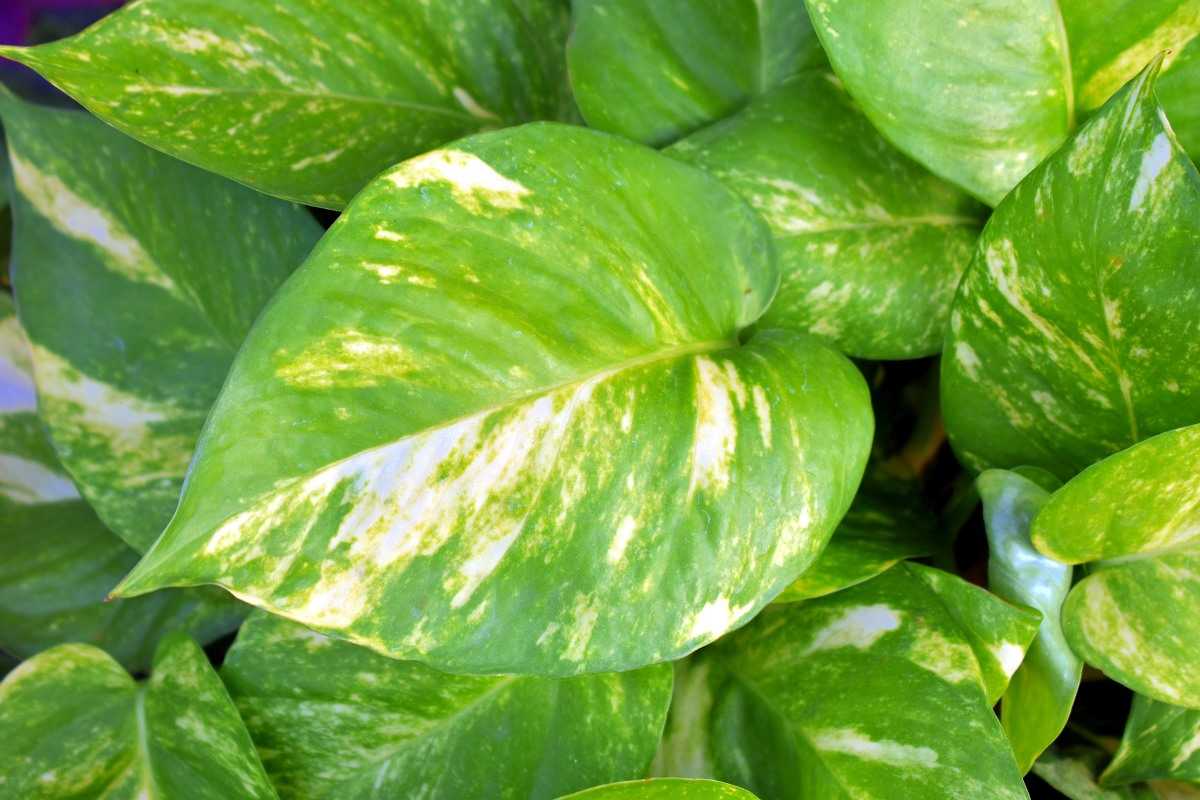Were often asked about feng shui money plants. You’ve come to the right place to learn more about these so-called feng shui money plants. What are they? Why do people use them? How do they work? We’ll talk about what money plants are, why they’re important in feng shui, and how to put them in your home.
The term “money plant” refers to several different species of plants that are associated with good fortune prosperity, and financial success. But what exactly are money plants where do they come from, and how can you care for them? Let’s explore the intriguing world of money plants!
The Origins and Meaning Behind Money Plants
The connection between certain plants and monetary wealth stems from ancient Asian philosophies like Feng Shui and Vastu Shastra that emphasize living in harmony with nature
Specific plants like jade, bamboo, and pachira aquatica became linked with aspirations of prosperity. Their resilient nature and steady, vibrant growth were seen as metaphors for steadily accumulating wealth and abundance. Hence the moniker “money plant”.
In Feng Shui principles, placement of money plants in the southeast sector of a home or business attracts positive chi energy associated with money and success. They also purify the surrounding air.
7 Common Types of Money Plants and Their Features
While various plants impart good fortune, here are some of the most popular money plant varieties and why they’re considered lucky:
1. Jade Plant (Crassula ovata)
- Oval-shaped succulent leaves resemble jade stones
- Symbolizes growth and vitality in Feng Shui
- Easy to grow indoor plant
2. Chinese Money Plant (Pilea peperomioides)
- Round coin-shaped leaves
- Low maintenance houseplant
- Propagates easily
3. Lucky Bamboo (Dracaena sanderiana)
- Multiple braided or twisted stalks
- Represents resilience and harmony
- Thrives in water or soil
4. Money Tree (Pachira aquatica)
- Braided trunk resembles a tree
- Tough, adaptable, and easy to care for
- Lush, tropical look
5. Golden Pothos (Epipremnum aureum)
- Trailing vine with heart-shaped leaves
- Said to bring wealth and prosperity
- Great for beginners, filters air
6. Moneywort (Lysimachia nummularia)
- Creeping groundcover with yellow flowers
- Coin-shaped leaves
- Does well in containers and hanging baskets
7. Fenugreek (Trigonella foenum-grecum)
- Aromatic herb used in cooking
- Seed pods resemble coins
- Requires full sun and warm climate
Tips for Caring for Your Money Plant
While they may be associated with wealth, money plants themselves are pretty low-maintenance. Here are some basic care guidelines:
- Place in bright, indirect light or moderate sun. Avoid direct hot sunlight.
- Water when the top inch of soil is dry. Take care not to overwater.
- Mist the leaves occasionally to increase humidity.
- Fertilize monthly in spring and summer with a balanced liquid fertilizer.
- Repot when rootbound into fresh potting mix for continued vigor.
- Prune dead leaves and stems to encourage new growth.
- Propagate by stem cuttings for more money plants!
For specifics, check each plant variety’s recommended conditions and watering needs. With the right care, your money plant will thrive for years to come – hopefully bringing good fortune along the way!
While a money plant may not literally grow cash, adding one of these lucky greeneries can be an uplifting reminder to nurture hopes and dreams. Their lush, vibrant presence repels negativity and inspires the energy of growth and prosperity. For plant lovers, what could be more fortunate than that?
9 Common Types of Feng Shui Money Plants
Several kinds of plants are known as “money plants” in feng shui. If you want to bring more money and wealth into your life, these plants can really help. They can also help you grow in that area of your life.
Lucky Bamboo
The Spruce / Leticia Almeida
Lucky bamboo is a common name applied to Dracaena sanderiana. It is not a bamboo at all, but rather a perennial herb. The stems resemble bamboo, though they are fleshy rather than hollow. Lucky bamboo has a reputation for encouraging prosperity and good fortune in feng shui practice.
If you grow the plant in indirect sunlight and only give it distilled or pure spring water to drink, it will be hard to kill. All dracaena are toxic to pets.
Money Tree (Pachira Aquatica) Care
- The Ultimate Guide to Growing Strawberries in Raised Beds - August 8, 2025
- No-Dig Garden Beds: The Easiest Way to Grow a Beautiful Garden - August 6, 2025
- How to Protect and Preserve Wood for Raised Garden Beds - August 6, 2025

